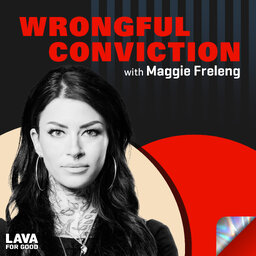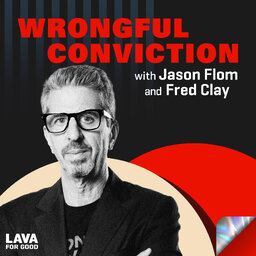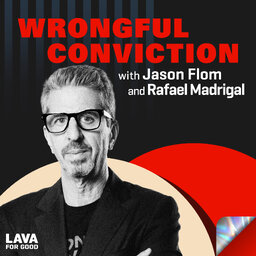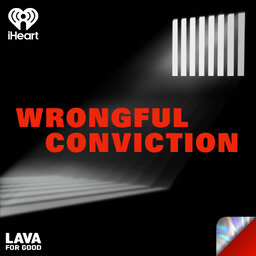On January 24th, 2004, a party at the Brooklyn Masonic Temple devolved into violence, resulting in one man’s death. Before the violence erupted, an overserved young man left the party into the care of his new girlfriend - only to become the murder suspect on the word of his jilted ex.
Learn more and get involved at:
https://www.change.org/p/brooklyn-district-attorney-eric-gonzalez-free-james-davis?redirect=false
https://www.wrongfulconvictionpodcast.com/with-jason-flom
Wrongful Conviction is a production of Lava for Good™ Podcasts in association with Signal Co. No1.
We have worked hard to ensure that all facts reported in this show are accurate. The views and opinions expressed by the individuals featured in this show are their own and do not necessarily reflect those of Lava for Good.
In 1 playlist(s)
Wrongful Conviction
Hosted by celebrated criminal justice reform advocate and founding board member of the Innocence Pro…Social links
Follow podcast
Recent clips

Wrongful Conviction with Maggie Freleng Season 5 - TRAILER
01:37

#563 Jason Flom with Fred Clay
57:32

#562 Jason Flom with Rafael Madrigal
48:40
 Wrongful Conviction
Wrongful Conviction